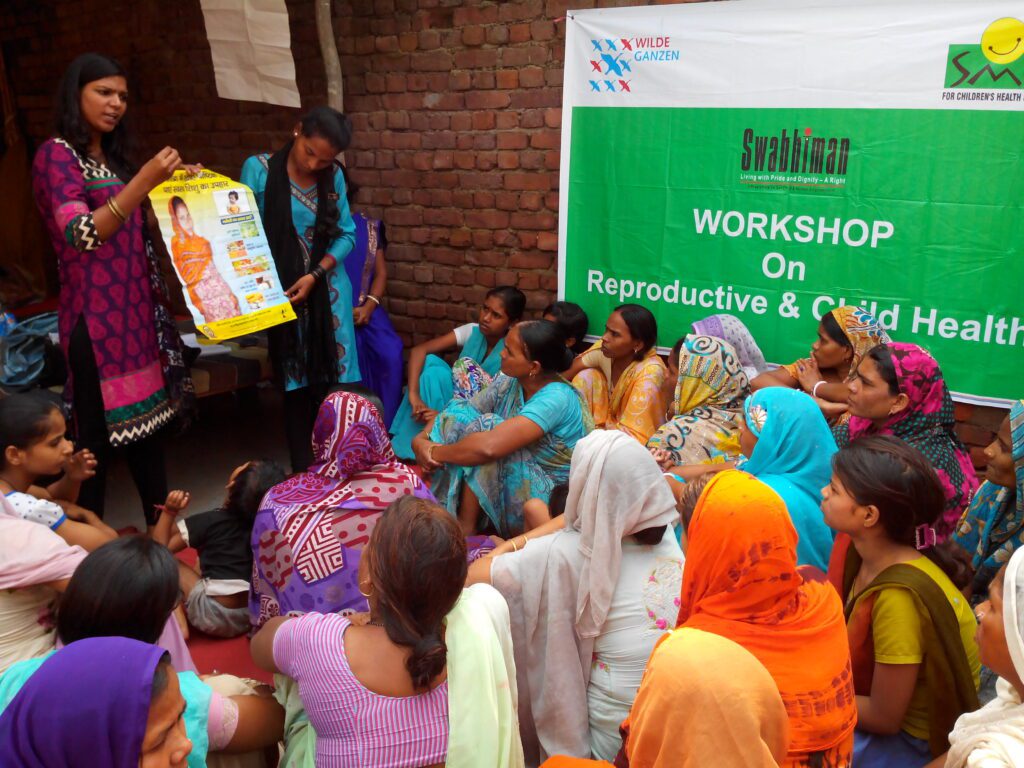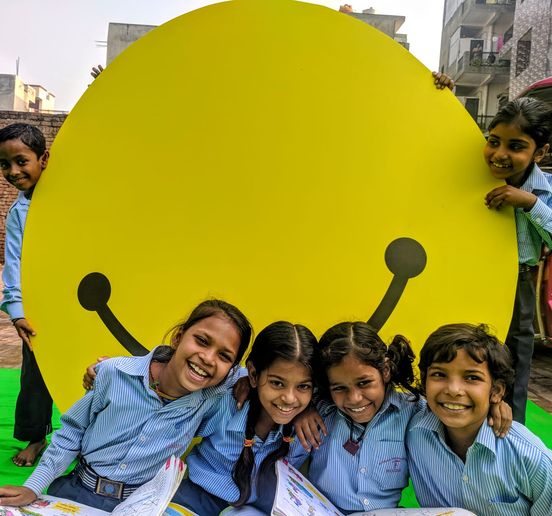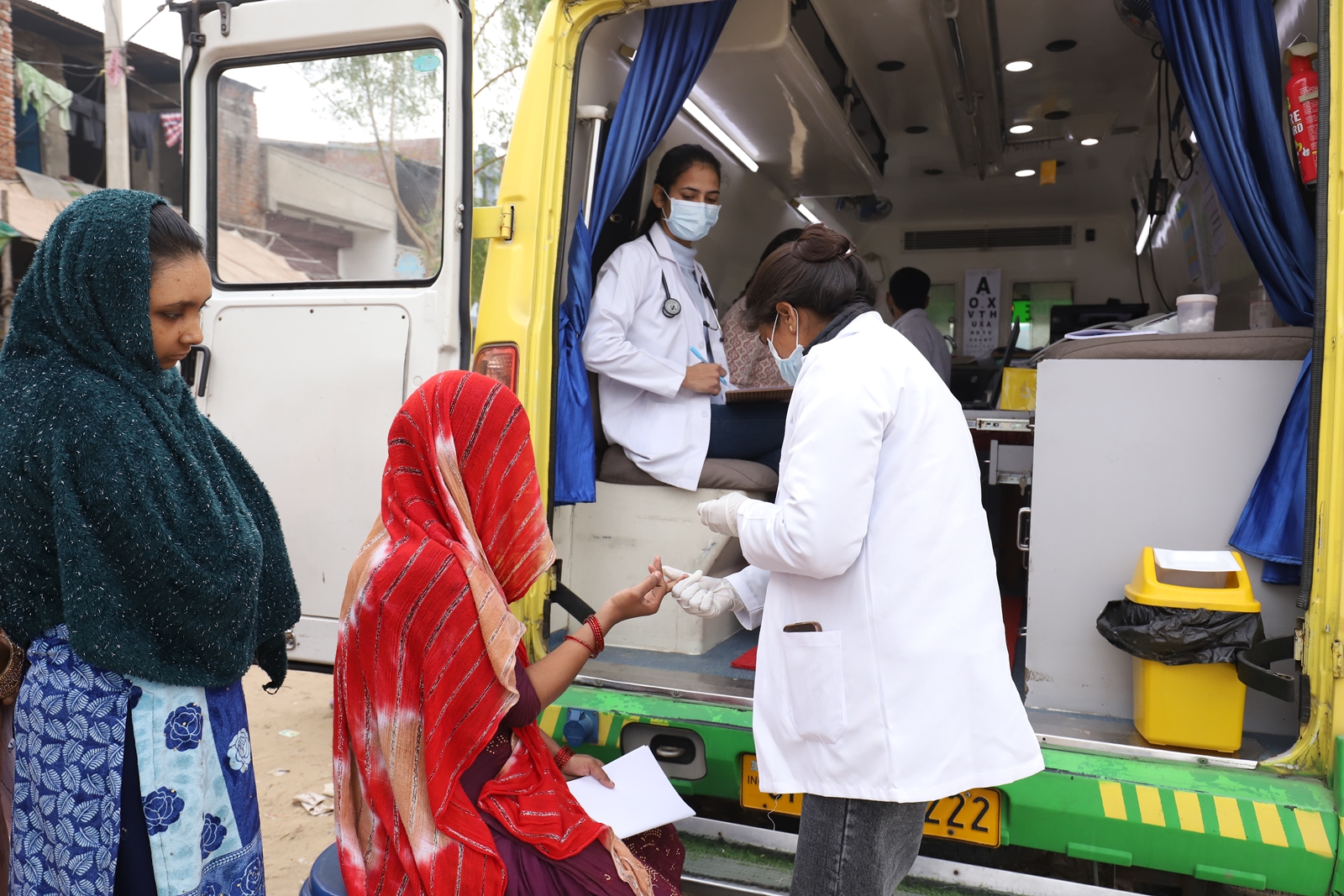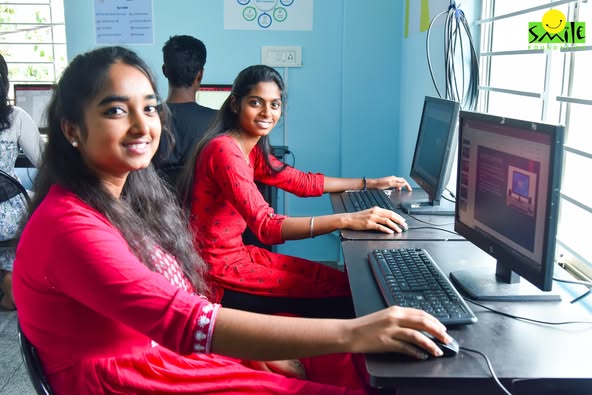Quality healthcare for all is among the most crucial necessities that every individual must receive. As per a research conducted by All India Institute of Medical Sciences and Harvard University only 37% of women receive healthcare in India.
Even with improved intervention to better the situation of healthcare for women by both public and private agencies, it still lacks priority in the Indian society and is not limited to reproductive health of women and girls. Only 18% girls and women use sanitary napkins during menstruation the absence of availability and knowledge of its use being the primary reason for the same.
The state of pregnant women getting both ante natal and post-natal care is dire with as less as 21% women receiving full ANC including three visits to a doctor during the term and taking iron and folic acid tablets for at least 100 days of pregnancy.
The situation of non-reproductive healthcare for the female sex is, if not more, then equally worse. The sex ratio of the country is low, especially in states like Haryana, Uttar Pradesh, Bihar and in Rajasthan alone it is lower than that of the entire country. Even if a girl is born, the neonatal mortality rate for girls is grave. The major reason for this is the lack of care and nutrition provided to a girl child.
In a society where girls are considered to be a burden, her need for adequate nutrition and healthcare becomes an added expense for the family. As per National Family Health Survey, boys receive prompt medical attention as compared to girls for the same illness. The survey showed –
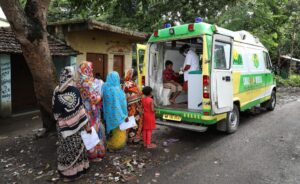
72% boys are treated for acute respiratory infections against 66% girls
Boys with diarrhoea are 7% more likely to be taken to a health facility than girls
Among last-born children, boys are 11% more likely to be breast-fed
And the proportion of fully immunised boys is 4% higher
Women in India die due to illnesses like anaemia and common infections like UTI. Tuberculosis which is easily treatable amount to 25% of non-maternal deaths for women. If provided with prompt medical aid, as many as half the deaths can be prevented but the same is far from reality.
A woman is required to feed on the leftovers after the rest of the family, primarily men, have eaten. This food is usually devoid of nutrition as basic and important as iron, calcium and iodine. As per World Health Organisation, more than 51% women of reproductive age in India are anaemic. Its affects might not be as acute among girls but can be life threatening for a pregnant woman; menstruating girls can suffer from irregular periods and tiredness, affecting their day to day life.
The lack of care is not just in terms of health and nutrition but also in terms of the kind of treatment these women are subjected to. The regard of privacy and dignity to quality life is often neglected. At times in rural and remote areas, women are often examined in presence of men at private clinics in the absence of any female assistant, leaving them distressed.
With lots being done for improving availability, affordability and quality of healthcare in country, there still is a need to pay special attention to healthcare of women. When a human is ill and weak, he/she cannot work to the best of their abilities at anything, neither at home nor outside of it. The same is true for women.
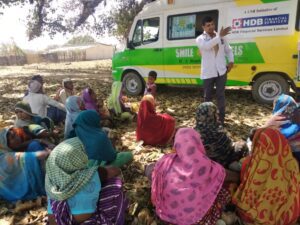
Smile foundation is working relentlessly to solve this issue. Through its women empowerment initiative Swabhiman, Smile has been creating awareness among women communities in rural areas and urban slums about their health needs and the medical care they must seek.
Through workshops and street plays, behavioural change towards women health and their needs is also addressed. Smile on Wheels, the mobile healthcare units, run under Smile’s healthcare program pays special attention to women and provides with suitable aid especially to pregnant women and elder women.
A healthy woman ensures a healthy family which in turns brings in a healthy community.



